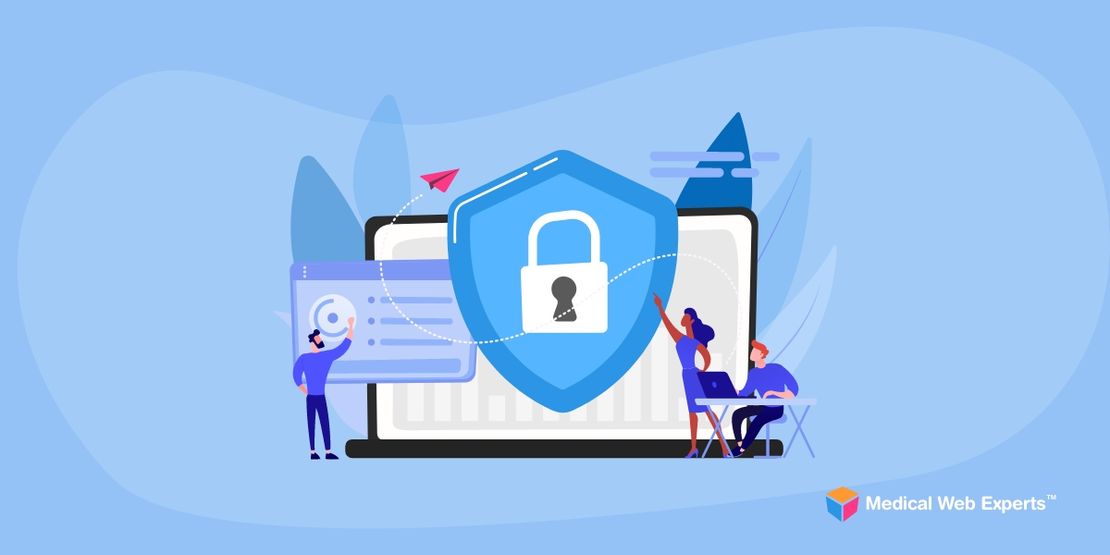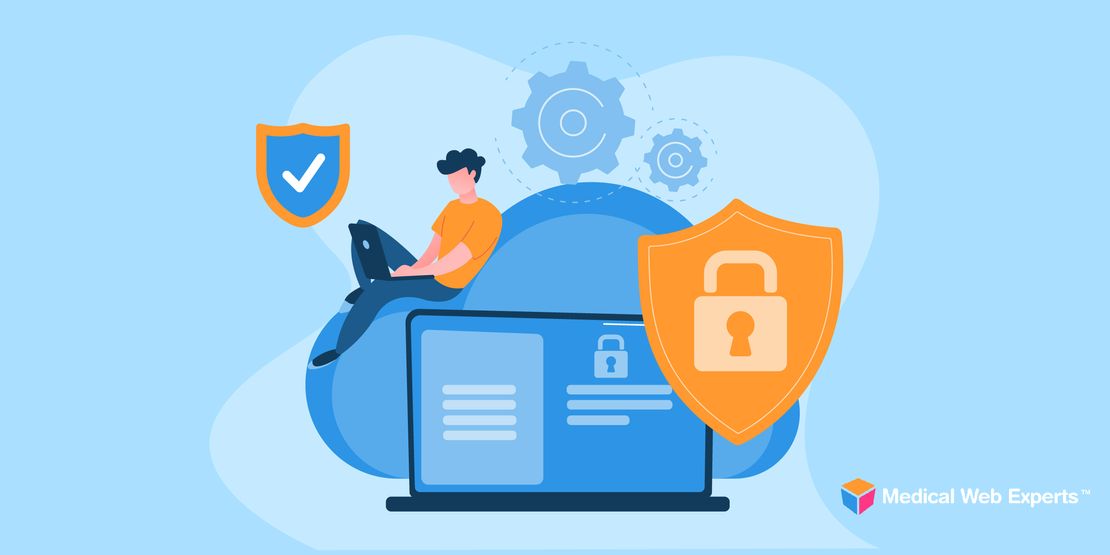A realistic approach to internet security for medical practices – Part 3: Password Management
Do you use bad passwords?
Using “123456” as your password for your YouTube account isn’t a security risk to your patients, but passwords such as these are a huge risk to them when used in applications related to your practice. According to a study done by ZoneAlarm, 79% of passwords were found to use risky password construction. They also found that passwords containing “12345”, “QWERTY”, “PASSWORD” and first names are the most widely used passwords and therefore known by all hackers/bots as commonly used passwords. Adding an “A” to your “123456” password isn’t tricking anyone either.
Focus on your highest risks
Your primary email account is your single highest risk account. This is because many systems online with a forgot password function authenticate users through email account verification. Therefore, someone with access to your email account could easily gain access to many of your online accounts, such as your bank account.
Best practices for better password security
- Change your important passwords frequently, such as your primary email addresses, Electronic Medical Record system, bank account and CRM.
- Don’t use “12345”, “QWERTY”, “PASSWORD”, first names, animals and variations of these in your passwords.
- Use at least one upper case, lower case, number and special character in all your passwords.
- Protect your primary email account password – give it to no one.
HIPAA – All bark and no bite?
HIPAA is a highly complicated law (400 pages worth), even challenging for someone with both an IT and law background. Since its creation, there has been a lot of bark and no bite when it comes to enforcement – but this is all changing. In the past 2 years, we at Medical Web Experts have seen a significant increase in citations for HIPAA violations and medical practices being contacted with warnings from HIPAA governing organizations. Therefore, its important to have a plan to meet HIPAA guidelines in your practice, focusing on the highest risk issues to meet both HIPAA guidelines and to protect your business from real issues that can severely affect your business, such as data loss, lawsuits and website downtime.
About the Author
John Deutsch is the founder of Medical Web Experts and has spent the last 10 years working the healthcare IT industry, specializing in Electronic Medical Records, Network Administration and Software Development. To learn more about Medical Web Experts and their services, please visit www.medicalwebexperts.com
Read the other articles in this 3 post series:

